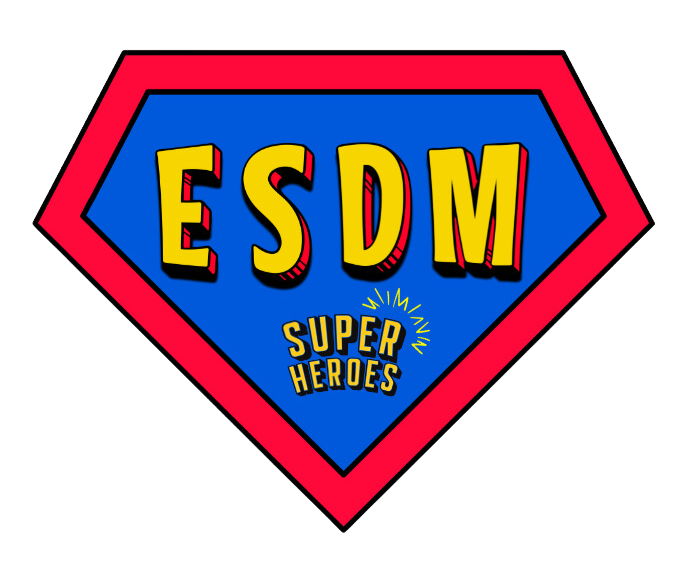In this lesson
Chapter 8 of the book "An Early Start for Your Child with Autism" concentrates on merging strategies from previous chapters into daily activities to assist children with autism in connecting, communicating, and learning. This chapter underscores the significance of incorporating learning opportunities into everyday routines and interactions. It offers practical illustrations of transforming activities like playtime, mealtime, and outings into structured learning experiences that can enhance social, communication, and cognitive skills.
The authors delve into the concept of "naturalistic developmental behavioural interventions", blending behavioural methods with developmental principles to establish a versatile and personalised intervention approach. This technique enables parents to adjust their strategies to suit their child's specific needs and learning style, ensuring continuous and consistent learning throughout the day.
Essential aspects include utilising positive reinforcement to promote desired behaviors, breaking down complex skills into manageable steps, and ensuring that learning is enjoyable and captivating for the child. The chapter also stresses the importance of maintaining a supportive and responsive relationship between the child and the caregiver, which is vital for effective learning and growth.
-
Books and Guides
1. "The Early Start Denver Model for Young Children with Autism: Promoting Language, Learning, and Engagement" by Sally J. Rogers and Geraldine Dawson: This book provides comprehensive techniques for using imitation to enhance learning.
2. More Than Words: Helping Parents Promote Communication and Social Skills in Children with Autism Spectrum Disorder" by Fern Sussman**: Offers practical strategies for encouraging imitation and learning through everyday interactions.
Professional Support
1. Occupational Therapists: These professionals can provide activities and exercises that encourage imitation of motor skills.
2. Speech and Language Therapists: Can offer strategies for using imitation to build communication and social skills.
Interactive Toys and Games
1. Mirror Play: Encourages children to imitate facial expressions and gestures, enhancing social and communication skills.
2. Turn-Taking Games: Simple games that require imitation, such as "Simon Says," can be effective in teaching children to follow and replicate actions.


